I was formerly raised in Africa, both East and West. Bell, Hunter, Kinloch, and others besides were my imaginary companions. Time passed and schooling in Yorkshire gave way to service in the Gurkhas.
Throughout, sporting weapons of one kind or another became a signal passion; first an air rifle, then bird shooting with shot, then rifles and the allure of highland stalking, then African safari. Invariably there were two constants in my sporting life: observance of the objects of the Shikar – being fair chase and the camaraderie of the campfire; and the presence of my best friend of now approaching nearly half a century.
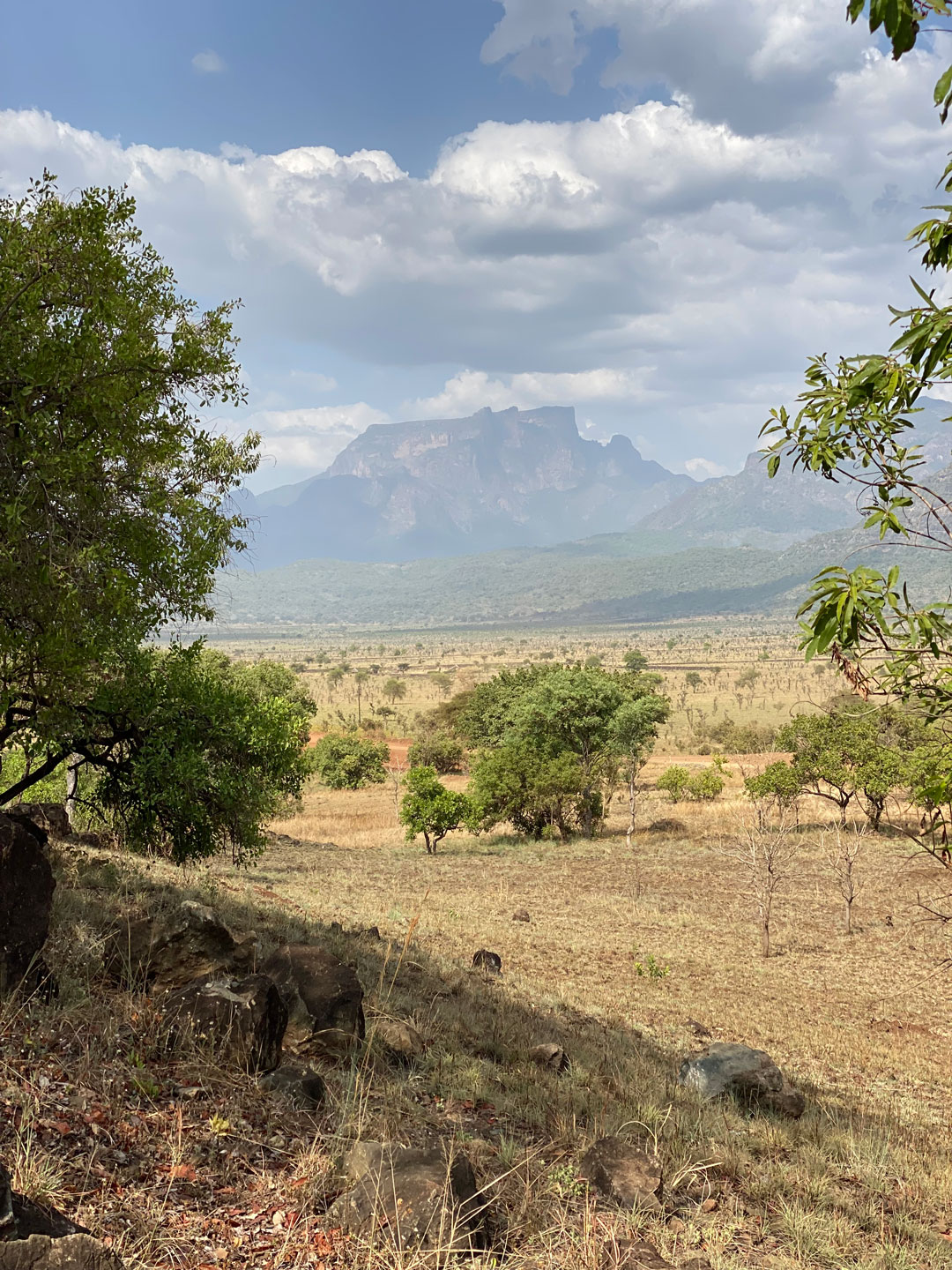
Fast forward many years and the occasion of a very good and very long lunch in London's St. James's with close friends and fellow hunters. It was revealed that the opportunity to hunt Bell's fabled Karamojo had been secured via the much-admired PH, Robin Hurt, but not for several years hence. It mattered not, we were all in. About the same time, I had the good fortune to be introduced to the late Simon Clode of Westley Richard's fame. Thankfully, I had reached the point in life where both quarry and means called for the finest available and that meant a visit to Birmingham. In failing health, Simon passed me into the capable hands of Trigger and the journey began. With our Karamojo safari set, and already owning a .375 H&H Magnum, the selection of Bell's preferred .275 Rigby calibre, but in full-stock carbine format, was an easy choice.
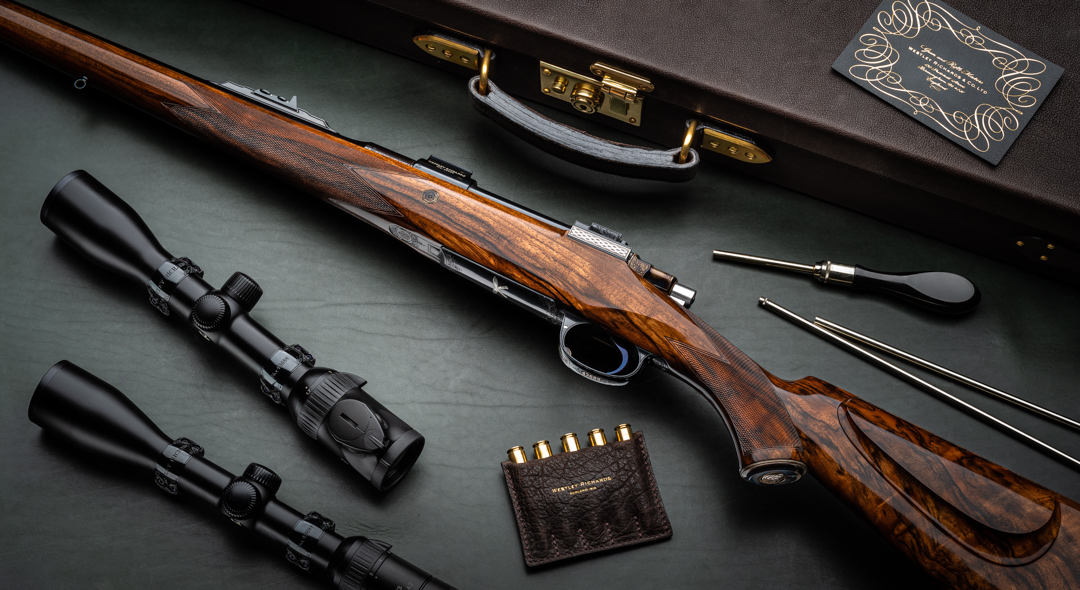
Despite the intervention of the global pandemic, the rifle build was an engaging journey. Visits to Birmingham were few enough but Trigger and the team kept me abreast in Norway with sneak peaks and progress reports, and I was able to engage with some of those that contributed to the manufacture. Time spent in the initial discussion meant there was no need to make changes during production and agreed milestones were well met. Changes to UK export regulations almost did for us, but the Norwegian authorities were characteristically helpful and pragmatic, and the finished rifle arrived in Oslo and was quickly licensed just one week before departure. At first blush, the rifle was everything I could have wished for, and more; however, there was no time to test fire or check zero, and so I embarked not fully sure quite what I had, despite its undoubted quality and Trigger's assurance that this was a compact and accurate firearm – although I do recall his description was a little more direct, and colourful.
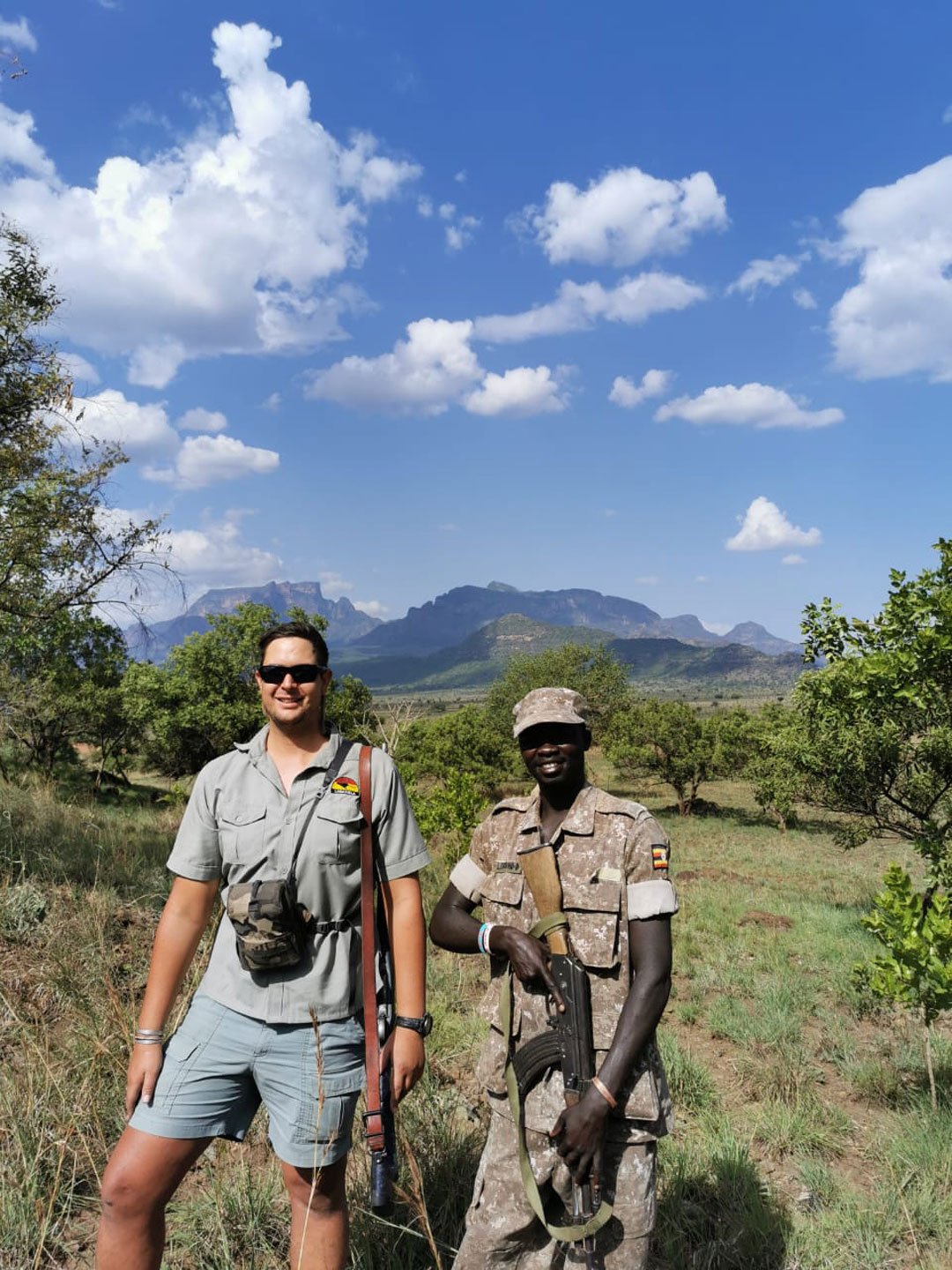
Karamojo did not disappoint. It remains a wild and sometimes lawless place. The Africa of a kind I thought long past, absent the wars that continue to plague the continent. Cross-border conflict and cattle raids between the Kenyan Pokot and the Karamojong remain a staple of daily life, just as in Bell's time. We had one such raid during our visit and we were also called out to deal with a rogue buffalo bothering a Karamojong village. It was some pressure shot for one of our party, executed in full view of the entire village of several hundreds, all awaiting the outcome with their spears and pangas at the ready. Our outfitter was the excellent KOS Safaris with a team of Zimbabwean PHs, supported by the mainly Karamojong game rangers. We were an uncommonly large safari, with five hunters in the party, all Englishmen except for the ubiquitous Scot. This proved no impediment since we were hunting the game rich Pian Upe reserve, an unfenced area the size of Wales.
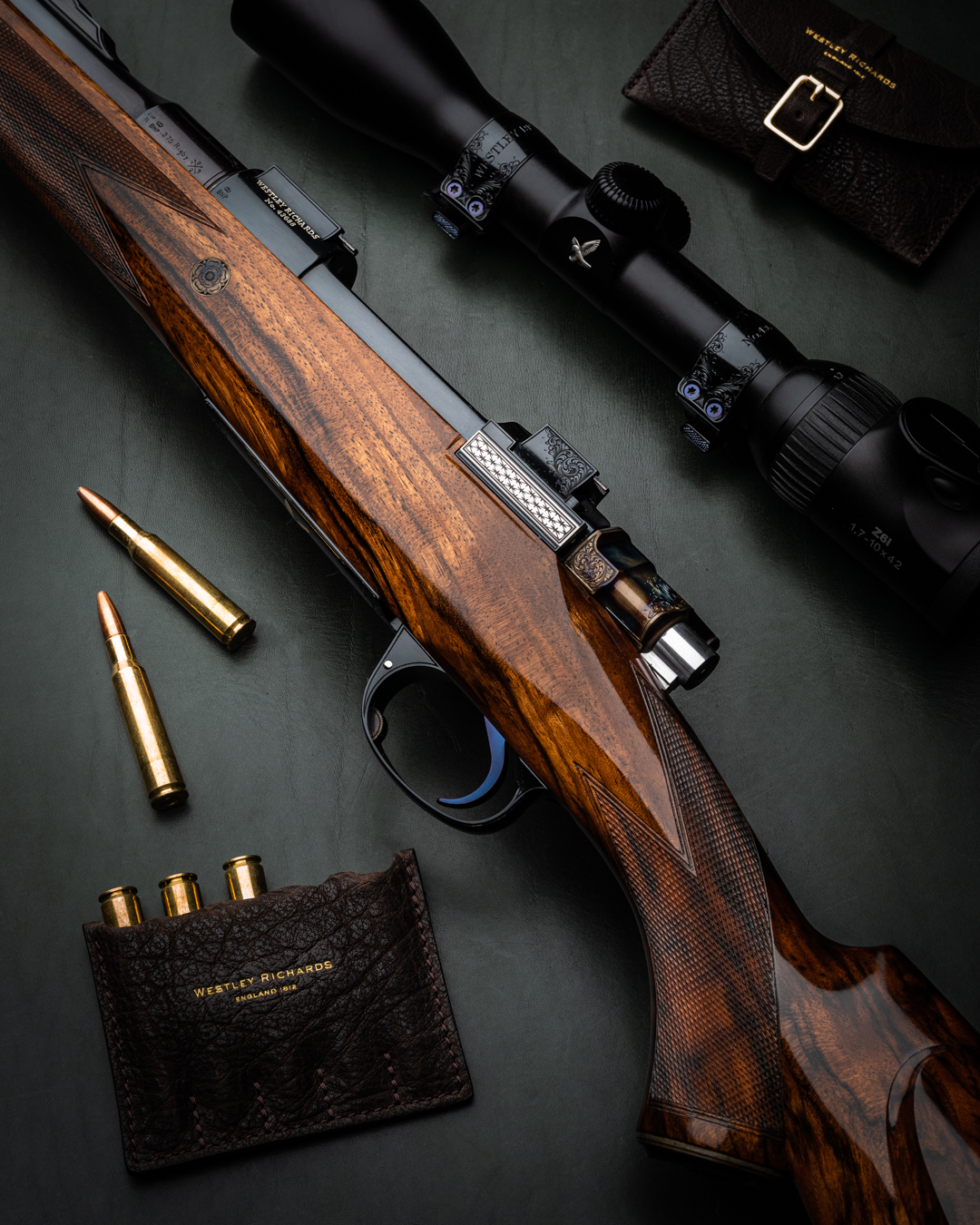
After several excellent days on buffalo and some fine dagga boys in the salt, the time came to unpack the Karamojo rifle. At the makeshift range the first round was fired, straight out of the box, and in the presence of the entire party. A clear miss was the consensus, at just 100 yards. A second round, another miss. We walked forward just to be sure, my mood somewhat subdued. At the target Matthew 8:26 came to mind; there they were, two rounds neatly in the bull. It was time to hunt.
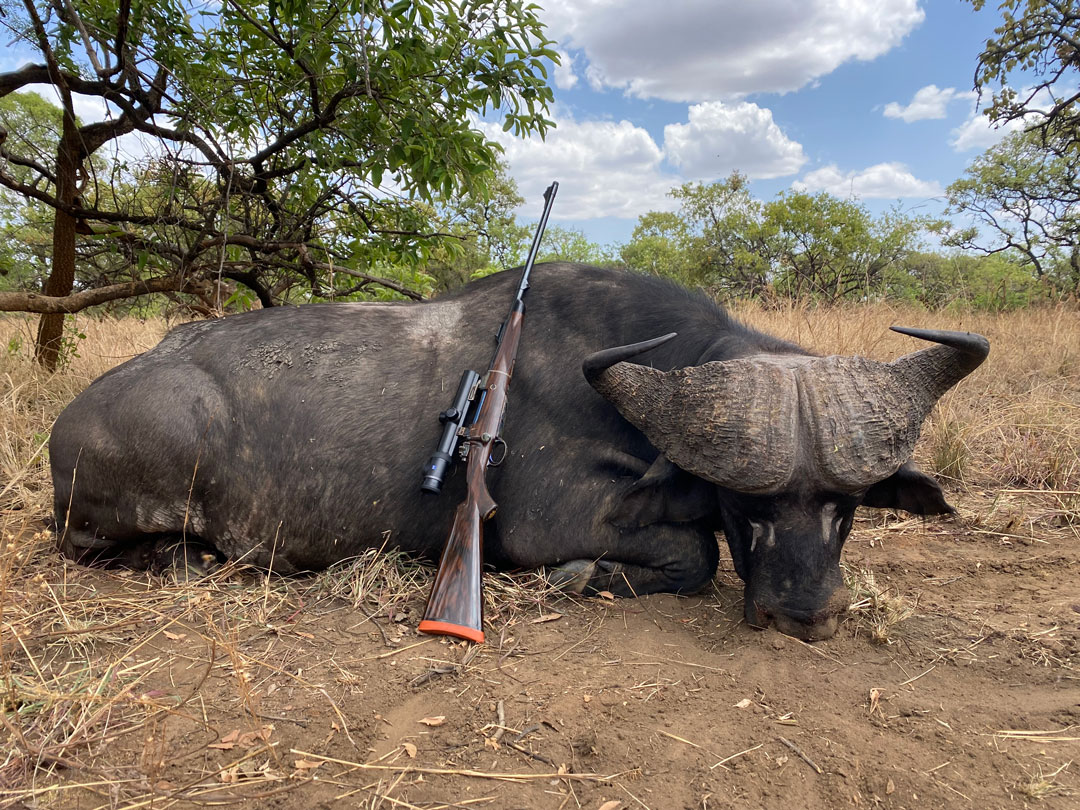
Gareth Lecluse was the PH, a youthful but experienced hunter possessed of the quiet confidence to pass up the very good in pursuit of the truly excellent. He was ably supported by senior ranger Daniel Logono, a Karamojong of the Jie tribe, an eloquent and knowledgeable man with exceptional eyesight. Daniel informed us that the animal totem of his clan was the honey-badger; it was very apt since we sensed he was not a man to be trifled with. And my best friend was there to ensure fair play in the Yorkshire and Shikar tradition.
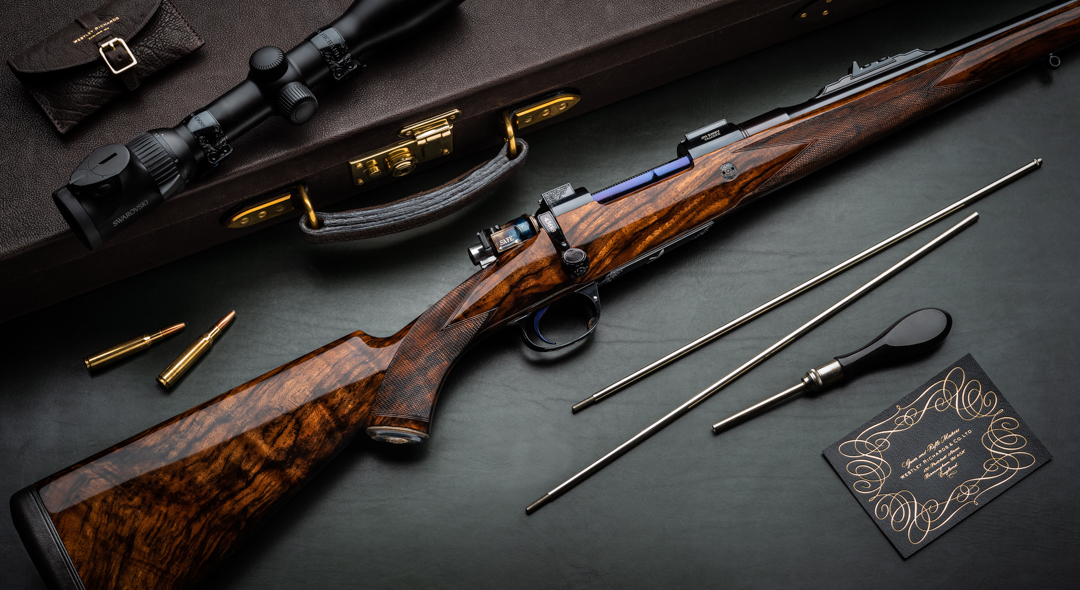
Our quarry for the first day was the Waterbuck, called Emothmoth or water-loving animal in the Ngakaramojong language – the hide is prized to wrap a newborn. We had no shortage of opportunity, tracking small groups and larger herds. There were several good bucks of 30 inches or so, and each time we set up to take the shot, but time and again Gareth demurred, holding out for something else. There was a sense of occasion. I think we all felt the pressure to do right by such an exceptional rifle, knowing the skill and dedication that had gone into its making. As we walked on, Daniel was the first to react, with Gareth a moment behind. We were on to something else. As often happens, as first rifle I was slightly slower to locate the quarry.
When I did, I thought my eyes were more than usually off. The horns were enormous in both length and spread, although the curve was harder to judge. But it was tricky, he was moving swiftly through the nursery herds and was clearly intent on being somewhere else. We moved in parallel as best we could, but I was sure he had us. After a while, Gareth paused, roared as a highland stalker might, the buck turned broadside, and the shot was made. A short dash and he was down. We gave him his moment and then closed in. This was some waterbuck, measuring over 36 inches wet. I think, at that moment, we all felt some small satisfaction and immense gratitude that this magnificent beast had done justice to the exceptional craftsmen of the Pritchett Street factory.
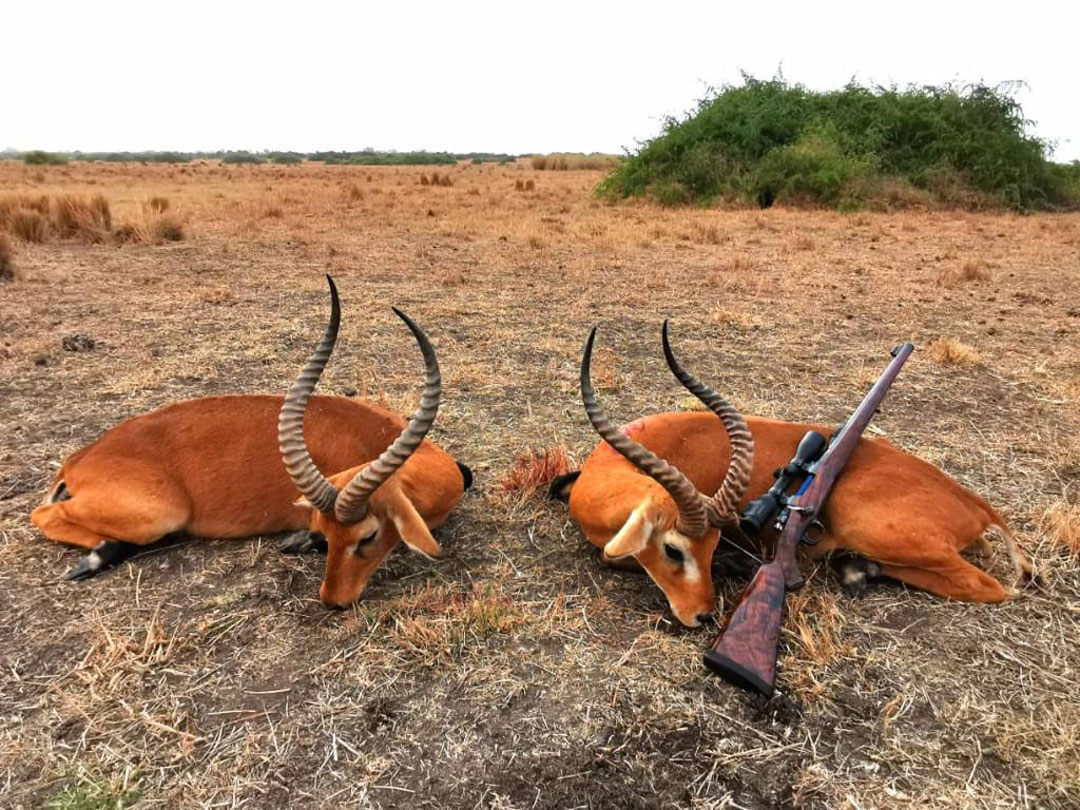
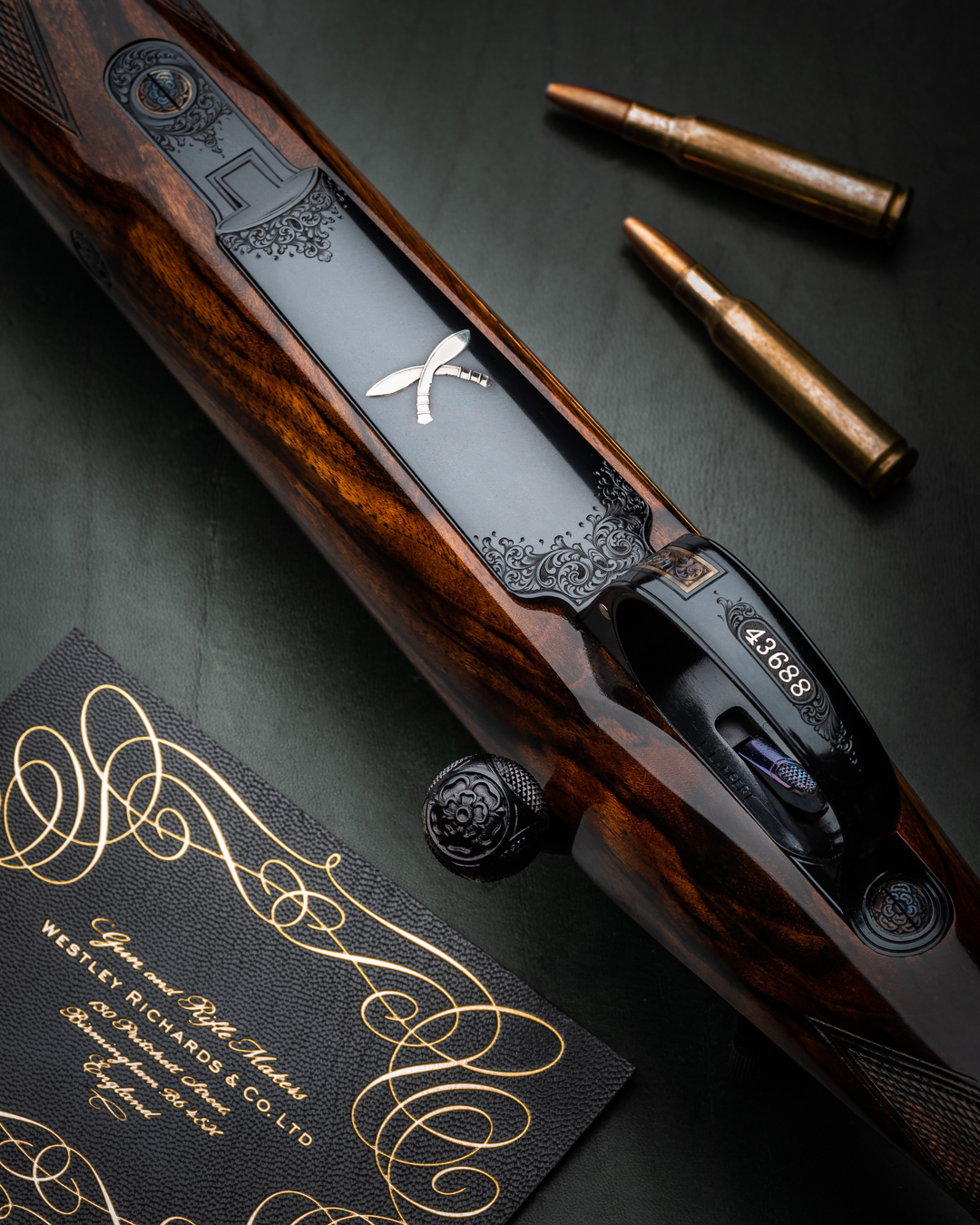
Many wonderful days on plains game followed, although our early mornings on Sitatunga did not play out as we hoped this time. The campfire camaraderie was of the best sort, with hunters and PHs swapping increasingly tall tales as the evenings went on and the bottle went down. And although we fell some way short of Robert Ruark's rate of gin consumption when on safari, we made a good try of it.
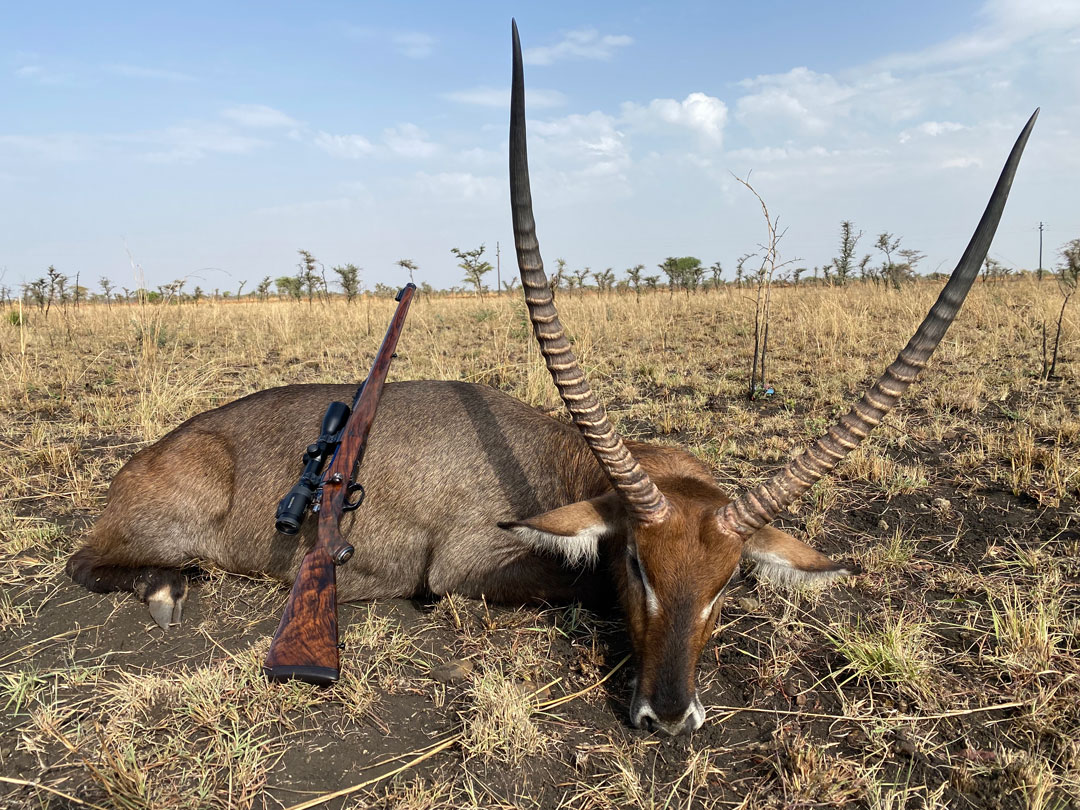
I leave the final words to the great man himself, also from Karamojo Safari.
Barring the haggling…and all the usual money troubles appertaining to a return to civilization, there is nothing further to relate. The safari was ended.
The Explora Blog is the world’s premier online journal for field sports enthusiasts, outdoor adventurers, conservationists and admirers of bespoke gunmaking, fine leather goods and timeless safari clothes. Each month Westley Richards publishes up to 8 blog posts on a range of topics with an avid readership totalling 500,000+ page views per year.
Blog post topics include: Finished custom rifles and bespoke guns leaving the Westley Richards factory; examples of heritage firearms with unique designs and celebrated owners like James Sutherland and Frederick Courtenay Selous; the latest from the company pre-owned guns and rifles collection; interviews with the makers from the gun and leather factory; new season safari wear and country clothing; recent additions to our luxury travel bags and sporting leather goods range; time well spent out in the field; latest news in the sporting world; and key international conservation stories.
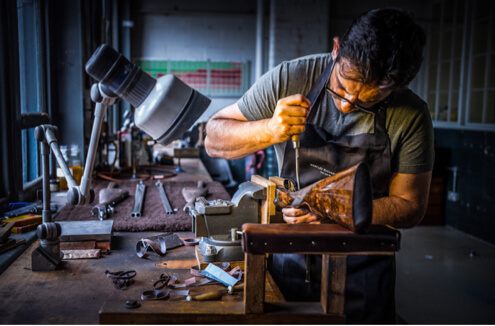
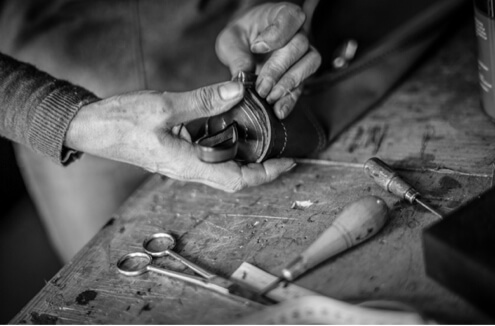
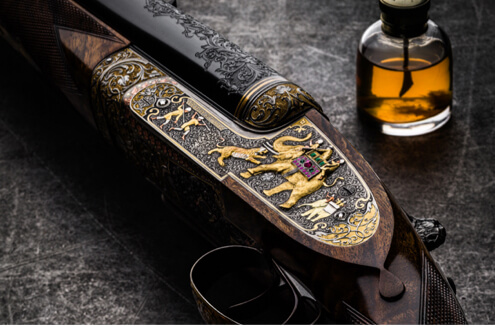
 Enquire
Enquire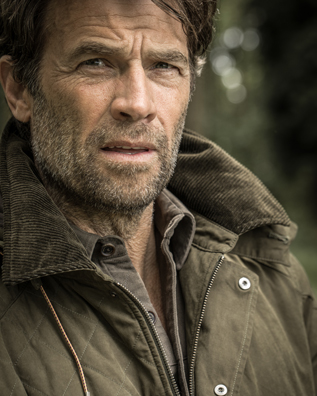
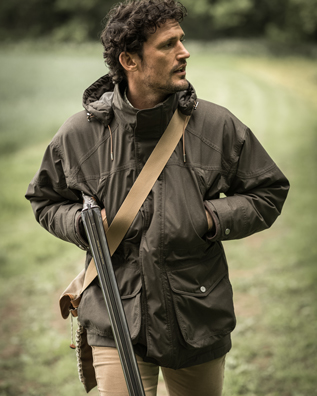
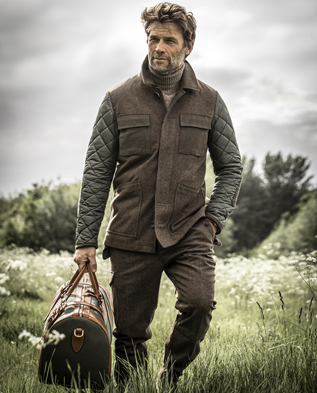
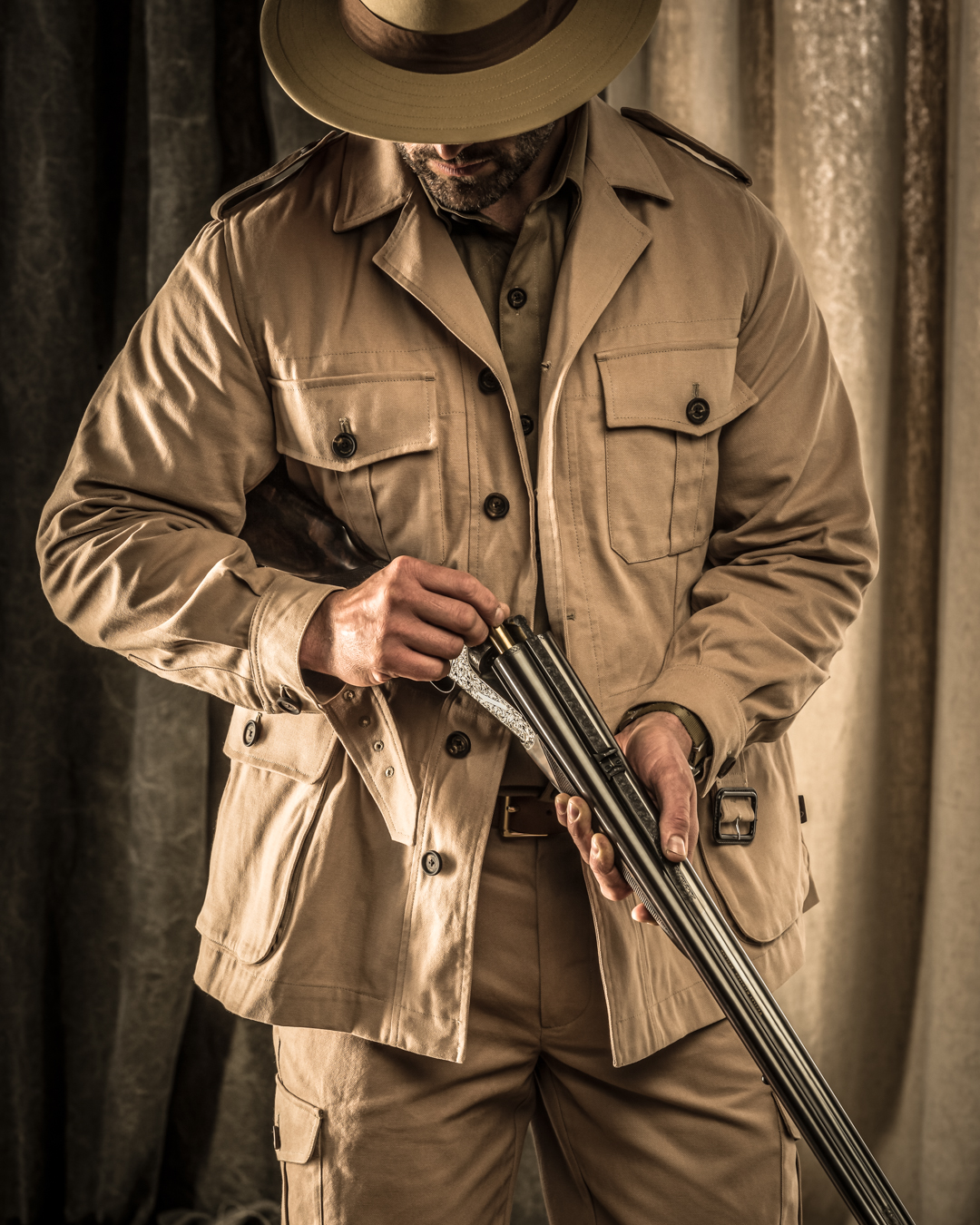
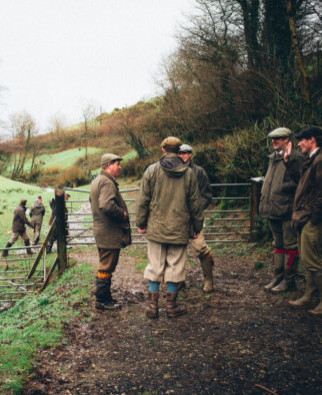
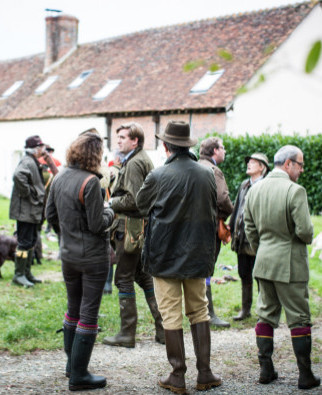
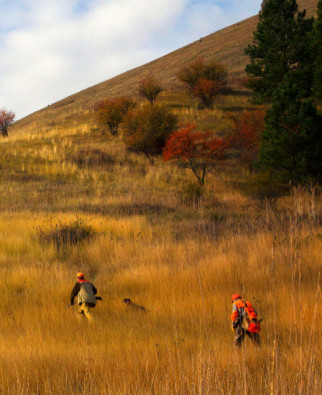
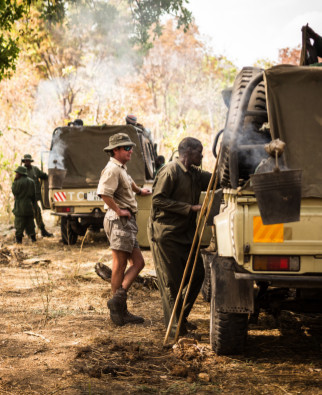
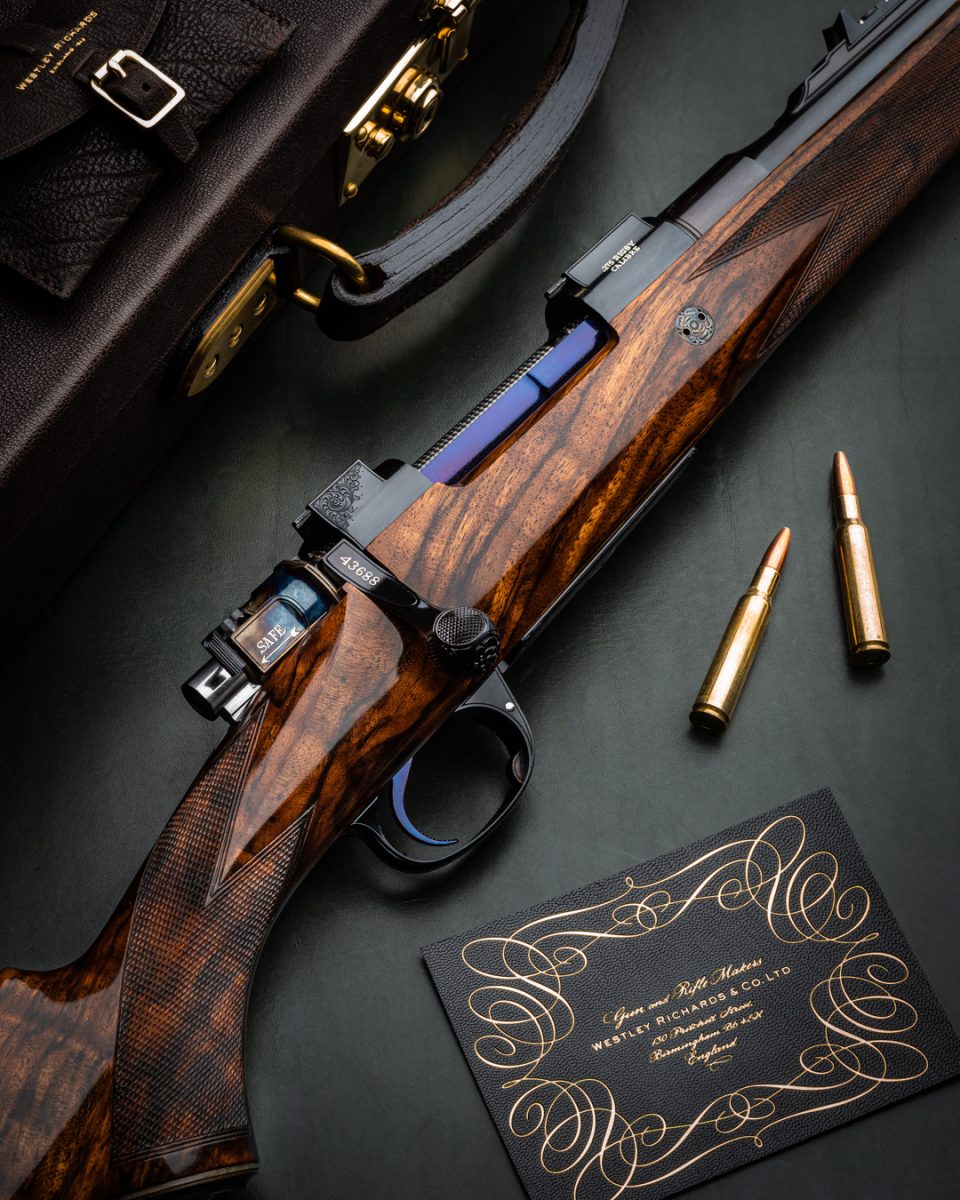
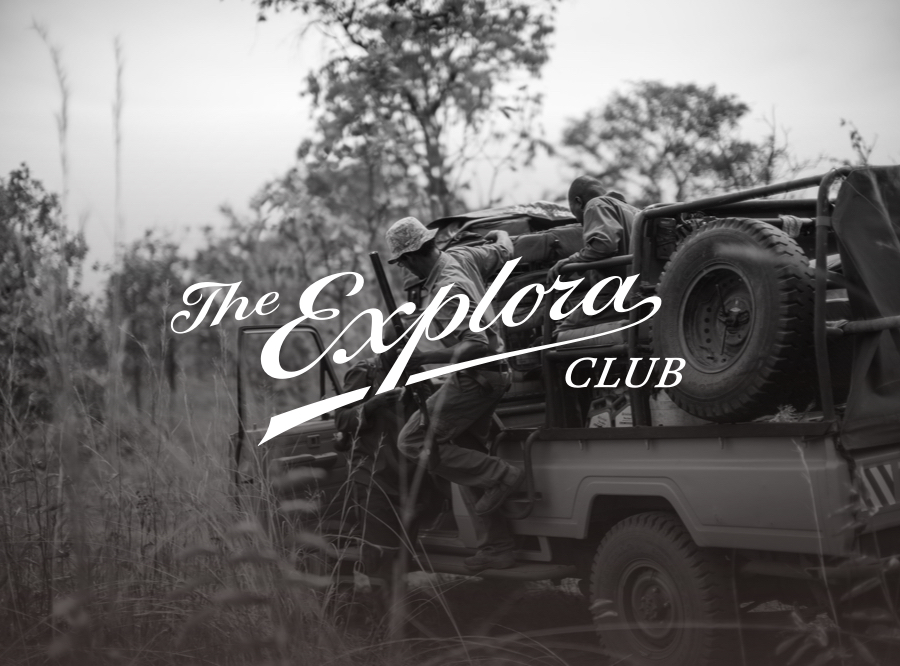
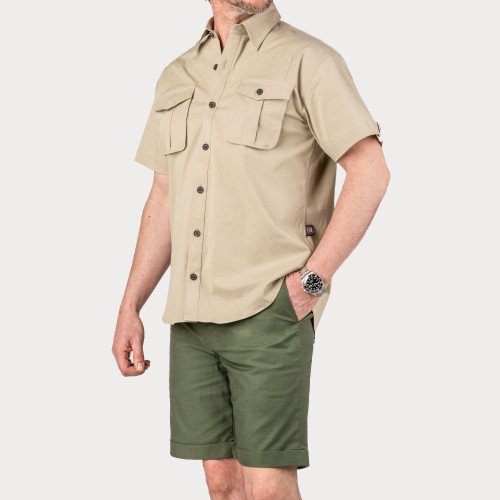
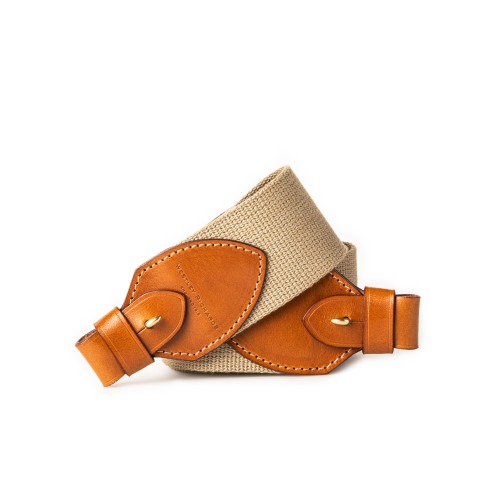
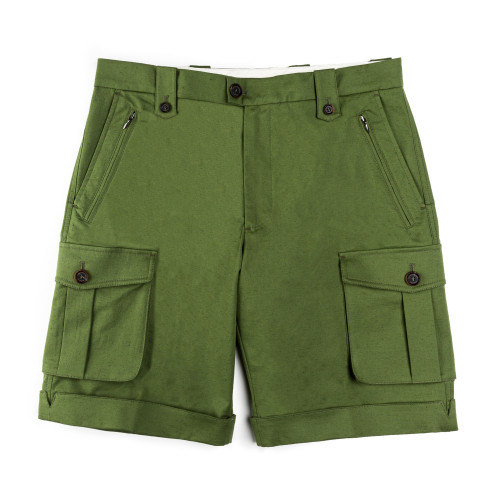
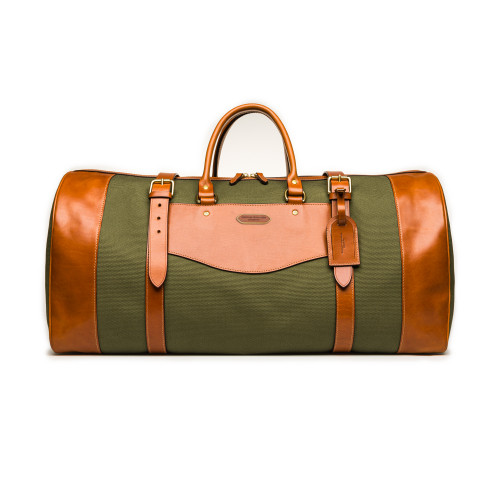
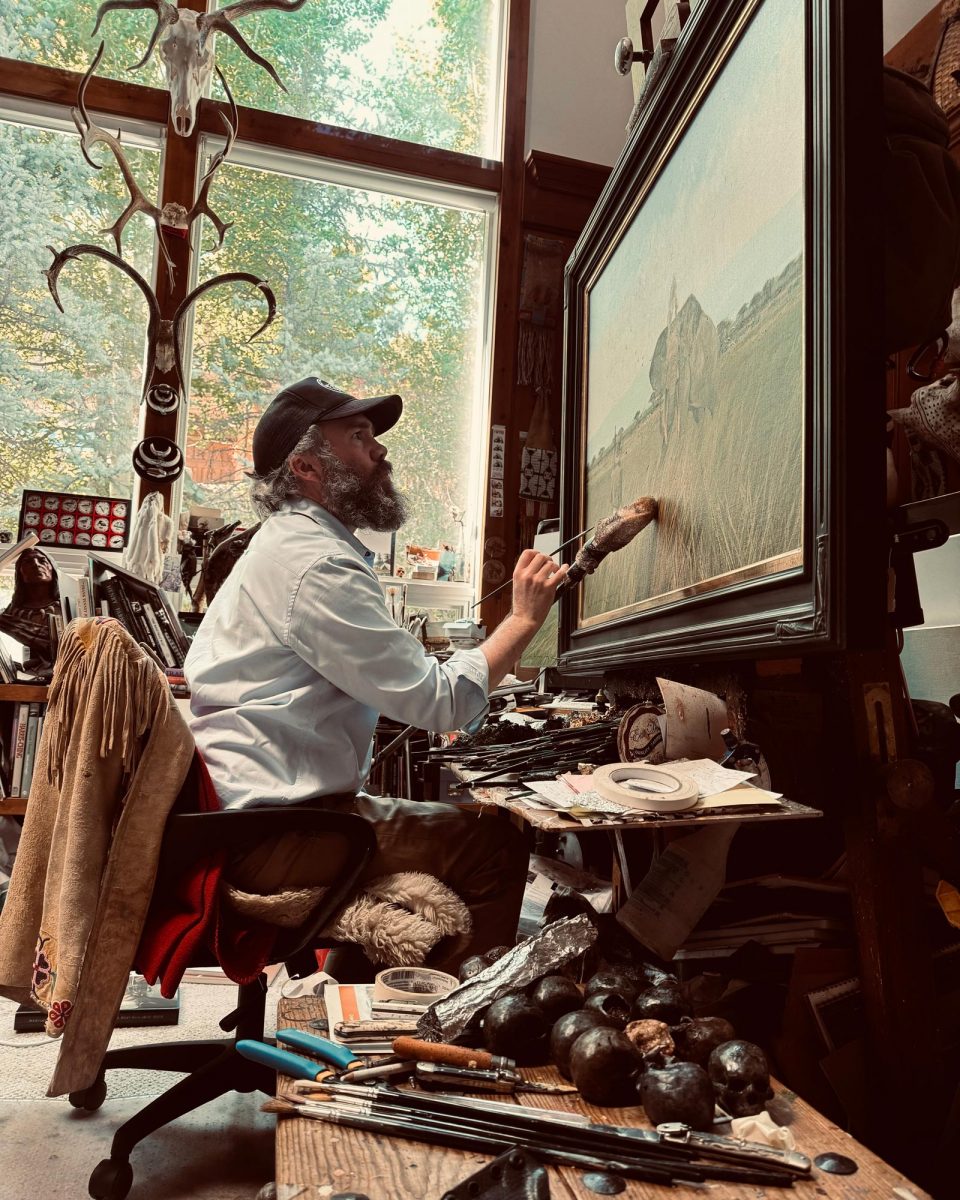
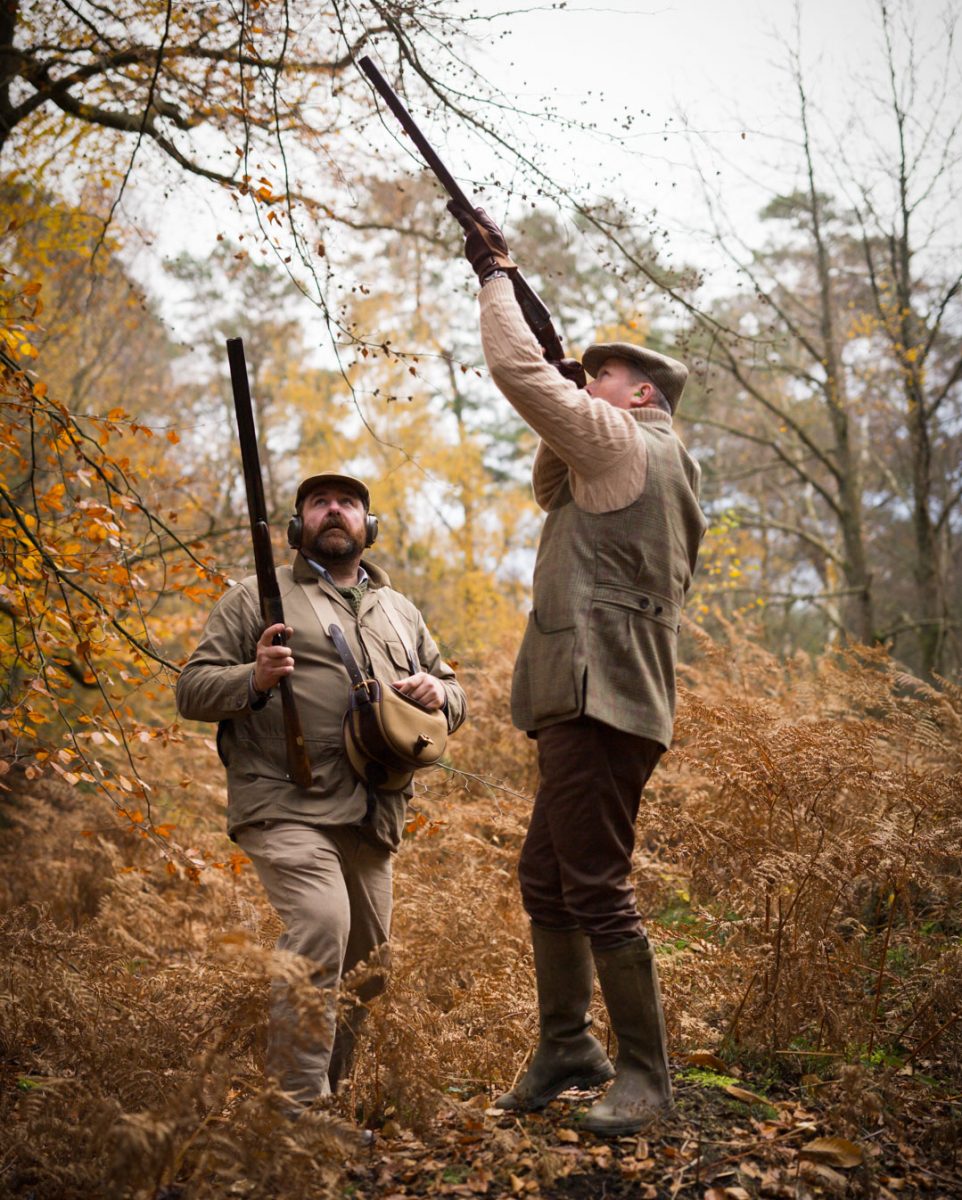
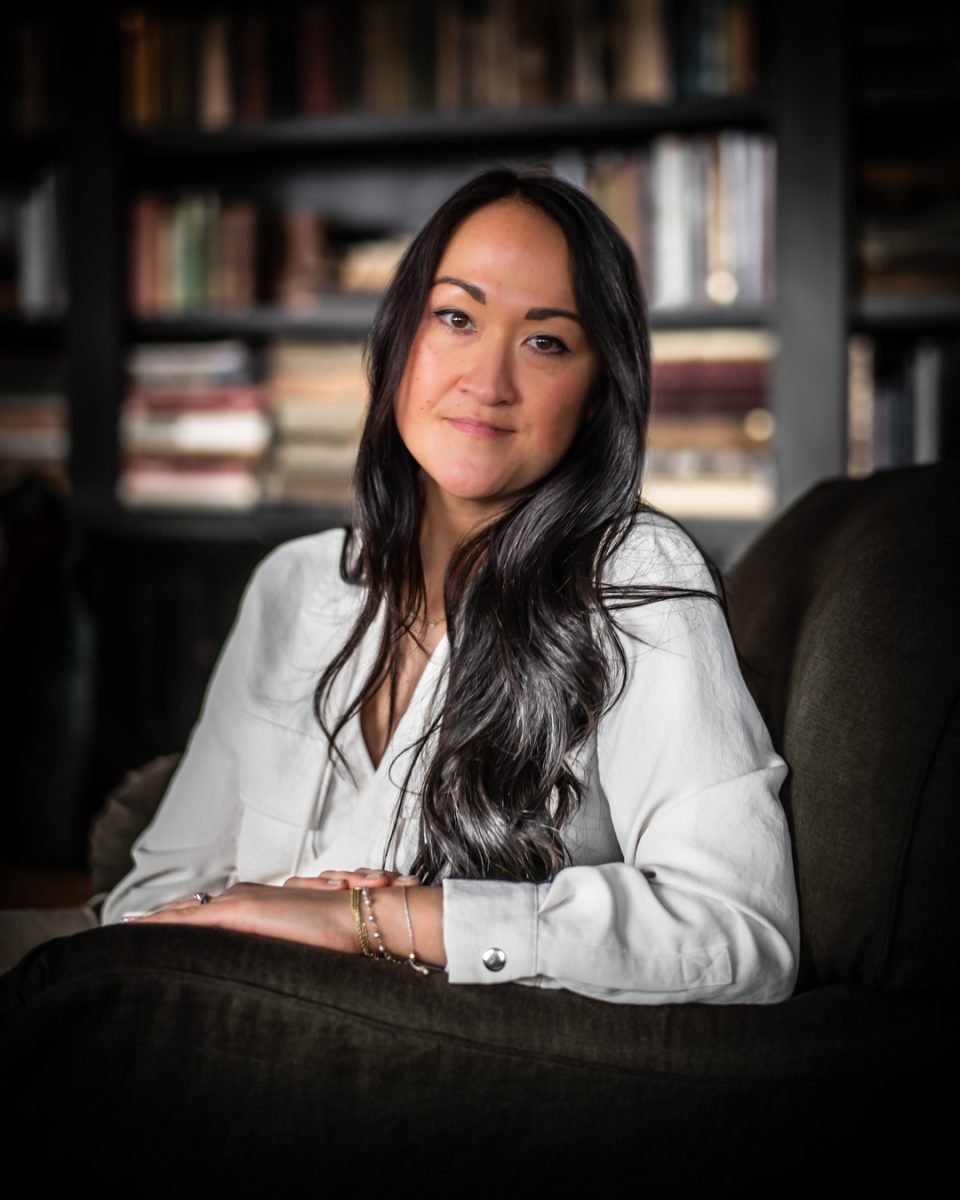
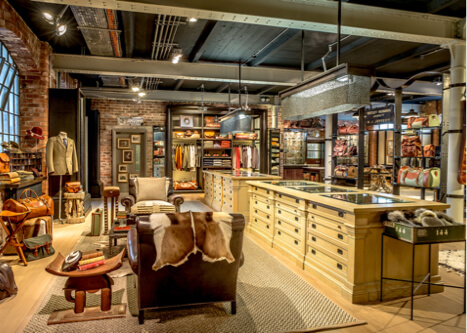
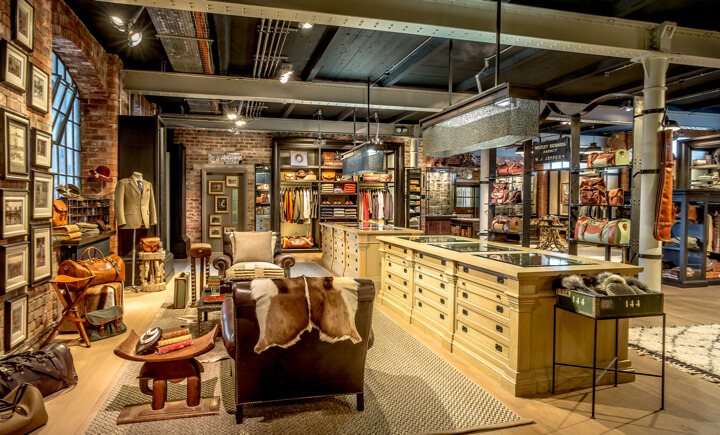
neil mcveigh on June 14, 2022 at 3:35 pm
What an inspiring story, the rifle doesn't look to shoddy either!As usual the WR gunmakers rose to the occasion.I bet they don't get many requests for a full stock these days.Looking forward to more great stories and rifles.
J.E.B on July 25, 2022 at 1:34 am
Great story about a beautiful rifle. Thanks. By the way, that 275 appears to be one of the rifles under construction two years ago in the "Friday at the Factory" post. https://www.westleyrichards.com/theexplora/friday-at-the-factory-2/. Wonderful to see the guns do what they were made to do.